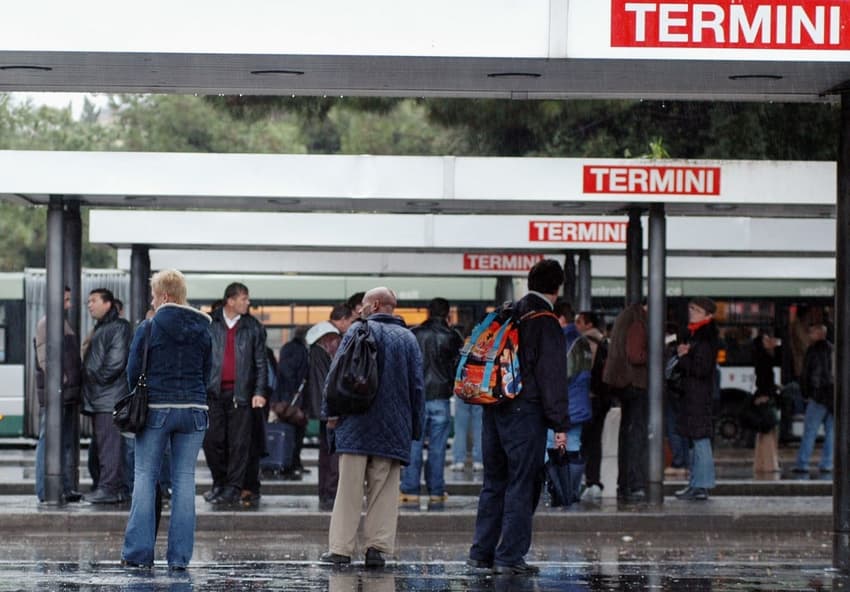Rome transport disruption averted as unions call off Monday strike

The first transport strike of the year in Italy has been cancelled after an agreement was reached between unions and Rome's public transport operator.
Rome's commuters won't have to deal with delayed and crowded public transport services on Monday as feared, after unions on Friday said they had called off a planned public transport strike in the capital.
READ ALSO: Metro, bus or tram: Rome’s public transport explained
Staff from Rome's public transport company Atac had planned to hold a four-hour strike on the morning of Monday, January 16th in protest over standards of maintenence on the network.
The protest was expected to cause widespread disruption for passengers travelling by bus, tram or metro within the city.
But the walkout was cancelled after unions and Atac reportedly managed to reach an agreement on the issues raised.
Strikes in Italy are scheduled well in advance - and listed on a handy calendar provided by the transport ministry - but are often later called off, in many cases at short notice.
You can keep up to date with the latest strike news from Italy HERE.
Comments
See Also
Rome's commuters won't have to deal with delayed and crowded public transport services on Monday as feared, after unions on Friday said they had called off a planned public transport strike in the capital.
READ ALSO: Metro, bus or tram: Rome’s public transport explained
Staff from Rome's public transport company Atac had planned to hold a four-hour strike on the morning of Monday, January 16th in protest over standards of maintenence on the network.
The protest was expected to cause widespread disruption for passengers travelling by bus, tram or metro within the city.
But the walkout was cancelled after unions and Atac reportedly managed to reach an agreement on the issues raised.
Strikes in Italy are scheduled well in advance - and listed on a handy calendar provided by the transport ministry - but are often later called off, in many cases at short notice.
You can keep up to date with the latest strike news from Italy HERE.
Join the conversation in our comments section below. Share your own views and experience and if you have a question or suggestion for our journalists then email us at [email protected].
Please keep comments civil, constructive and on topic – and make sure to read our terms of use before getting involved.
Please log in here to leave a comment.